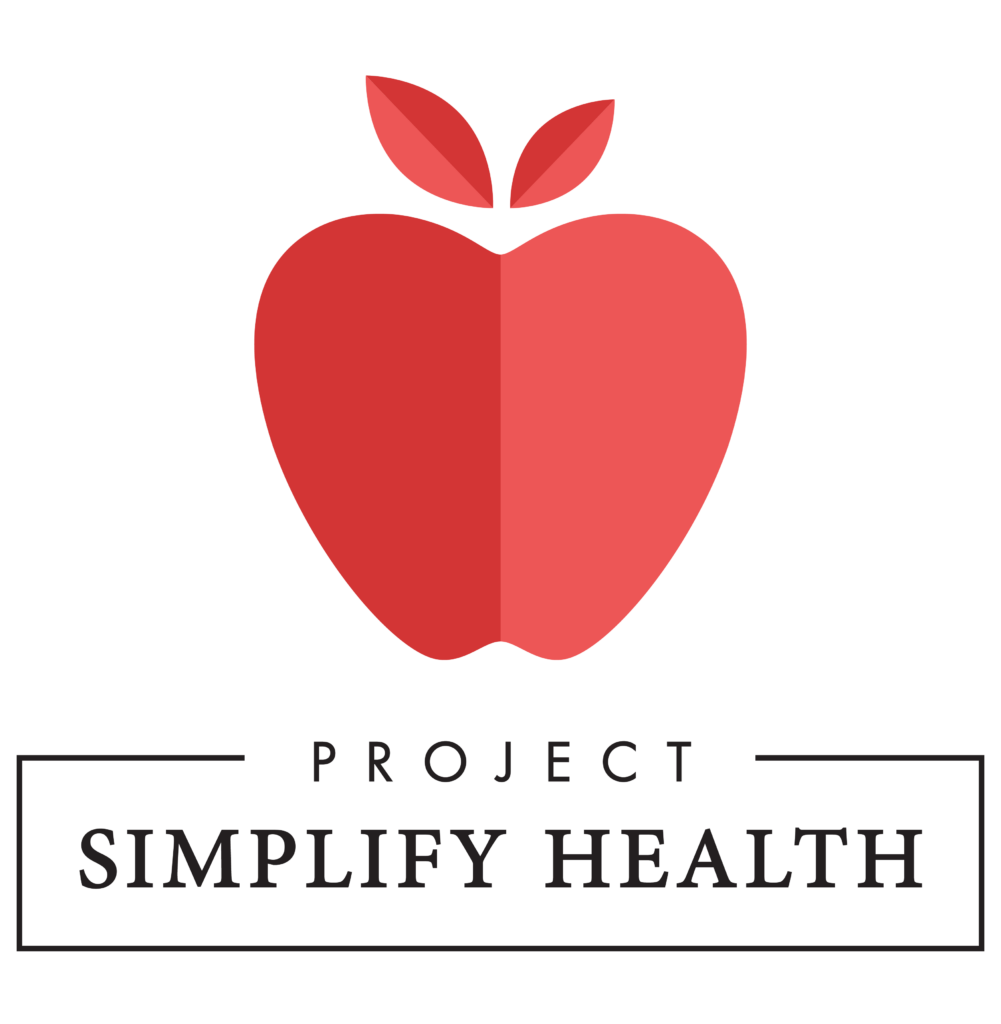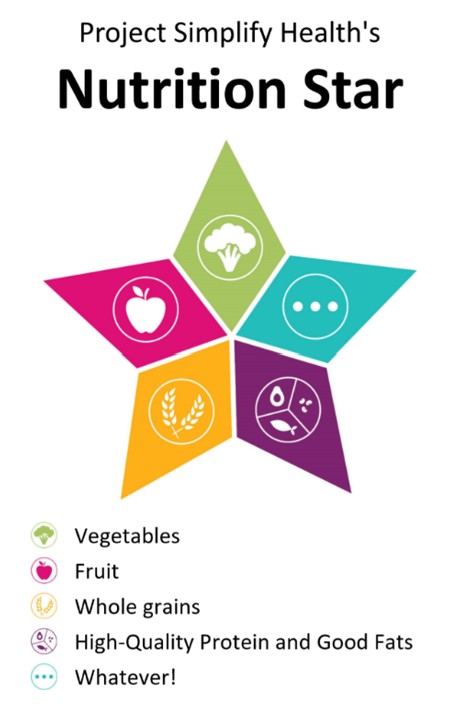Help us make food healthier and obesity history!

Headline (Lancet)1: Without immediate action nearly 260 million people in the USA predicted to have overweight or obesity by 2050. In addition, “approximately 80% of chronic disease and premature death could be prevented by not smoking, being physically active, and adhering to a healthful dietary pattern2.”
Proper nutrition, or the intake part of the energy equation, is far and away the most important key to health and weight management – sadly, it is also the hardest part.
The prime directive of Project Simplify Health, a non-profit 501(c)(3) corporation founded by Douglas M. Cluff, M.D., is to help make food healthier and obesity history. How?
By rallying the public, through rational and market-driven means, to encourage industry to label its products and menu items with a simple number (from 0-100, indicating their general nutritious value), called “The 4◊Score” – or at least those that qualify for/with a 4◊Score of ≥80.
Project Simplify Health’s eating guidelines are summarized by our Nutrition Star (see The 4◊Score page for specifics):

Despite the fact that the Nutrition Star is adaptable to about any eating preference (!), the mere sight of it will undoubtedly spark a lively discussion for many. If it helps, it’s not terribly dissimilar to the Mediterranean diet, with the exceptions that we recommend limiting alcohol, olive oil, and dairy intake – feeling strongly that the Mediterranean diet is one of the most proven for improving health in spite of, not because of, those things. But they are not by any means prohibited by the Nutrition Star – just limited. And yet, a simplified version, something we call “The 4:1 Rule” (try to get 80+% of your calories from the four healthy diamonds of the Nutrition Star, AKA 4◊Foods), is much more flexible and simple to follow than the Mediterranean diet, casting the net much wider to be adapted to many eating preferences.
In regards to the world of nutrition, any opinion can be supported by (even some well-designed) studies. So we are not going to try to quote studies supporting the Nutrition Star. Let’s just say that smoke, mirrors, and opinions abound, and that is why the health of the nation continues to deteriorate. The average person is left to wonder, “Where is the truth, devoid of food preferences, bias, and philosophy?” We hope to clear some of the smoke and defog some of the mirrors. The opinions? No promises.
Many agree mostly with the government guidelines, but either find them to be overly confusing or tainted by industry. We aim to simplify things, and help to make it easier for the average consumer to improve the intake side of the energy equation.
When experts and others fully understand the definition and power of The 4:1 Rule, we are hoping that all will support our efforts. Some feel that even The 4:1 Rule is not enough, and recommend avoiding certain plants (you make your own call on that, but we respectfully disagree – barring food sensitivities – as long as it is a healthily-prepared whole plant, then you may eat it to your health!), avoiding animal products altogether (i.e., going vegan), or avoiding both animal products and processed foods (i.e., going “whole” – or following a completely whole plant-based diet). That is each person’s prerogative, and the good news is that the Nutrition Star and The 4:1 Rule have great flexibility and can accommodate each of those options.
Indeed, we invite individuals and industry alike to unite behind a single banner – Project Simplify Health.
1Lancet news release: Without immediate action nearly 260 million people in the USA predicted to have overweight or obesity by 2050, published November 14, 2024, accessed January 4, 2025. https://www.healthdata.org/news-events/newsroom/news-releases/lancet-without-immediate-action-nearly-260-million-people-usa
2Katz DL, et al.: Lifestyle as Medicine: The Case for a True Health Initiative, Am J Health Promot. 2018 Jul;32(6):1452-1458